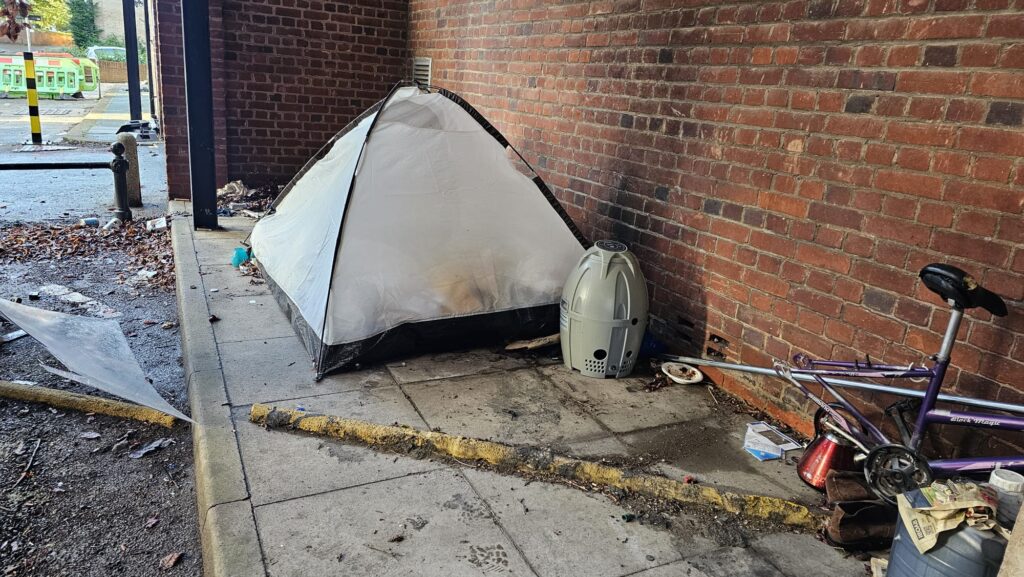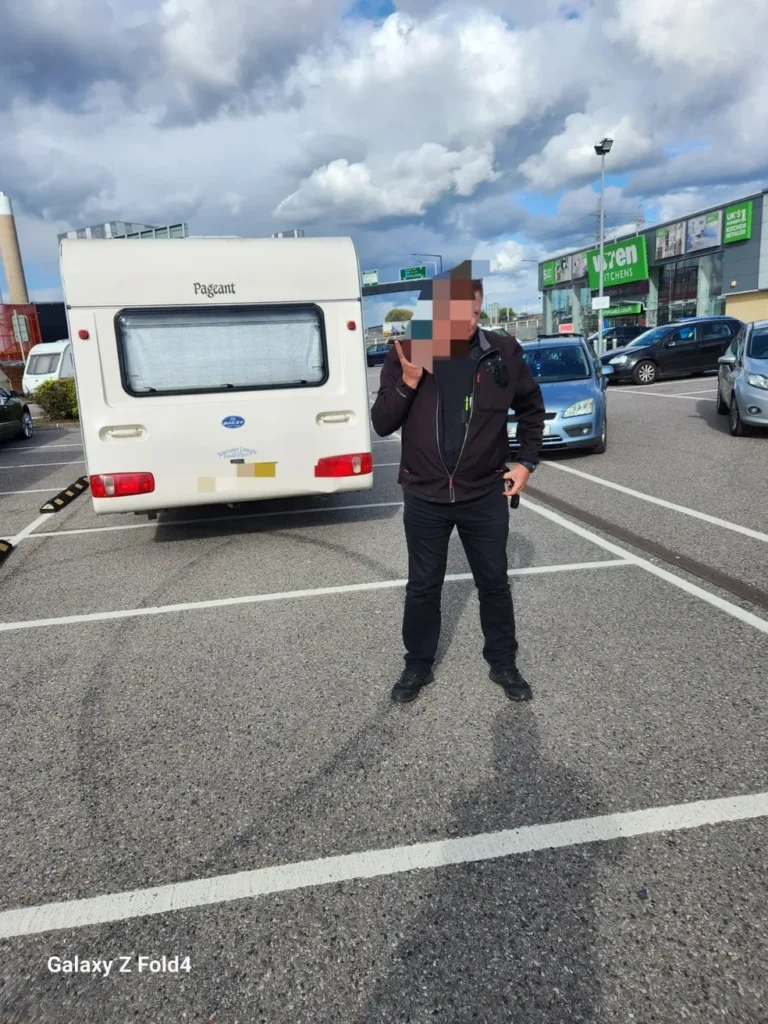If you are homeless and need help, please contact Crisis by clicking here
Powers of landowners to remove trespassers
Landowners can use common law powers to remove trespassers from their land. This includes travellers who are on land without permission.
Local authorities can take steps to remove unauthorised travellers from any land in their district, regardless of ownership.
Some types of landowners may also have additional powers to remove travellers who are there without permission.

Highway land
Local authorities can take steps to remove unauthorised travellers from any land in their district, regardless of ownership.
Some types of landowners may also have additional powers to remove travellers who are there without permission.
Since it is illegal for someone without legal authorisation or justification to hinder free movement on a highway, highway officials have the right to remove cars parked on highway land, which is often the area between the fences on each side of the road.[1]
Additionally, vehicles that are parked unlawfully, dangerously, or obstructively, or that are abandoned or broken down on a roadway may be removed.[2] The Criminal Justice and Public Order Act of 1994 is another tool available to highway authorities.
Common land
Local authorities can take steps to remove unauthorised travellers from any land in their district, regardless of ownership.
Some types of landowners may also have additional powers to remove travellers who are there without permission.
Although the public has the right to exercise and fly over some common land, they are not allowed to bring caravans onto the property and set up camp there [3].[4] District councils have the authority to issue directives that forbid caravans from being used for human dwelling on common land. Although the public has the right to exercise and fly over some common land, they are not allowed to bring caravans onto the property and set up camp there [3].[4] District councils have the authority to issue directives that forbid caravans from being used for human dwelling on common land.
Local authority land
Local authorities can evict Travellers from their own land using trespass laws or using the Criminal Justice and Public Order Act 1994
Private land
Under common law, private owners have the right to evict trespassers. In certain circumstances, they can also ask the police to direct unauthorised occupiers from the land under the Criminal Justice and Public Order Act 1994.
Network Rail land
If the Travellers are on operational Network Rail land (formerly British Rail land, ie near a railway line), an authorised person, after requesting Travellers and vehicles to leave, has the power to arrest without a warrant.
Common law trespass
Local authorities can take steps to remove unauthorised travellers from any land in their district, regardless of ownership.
Some types of landowners may also have additional powers to remove travellers who are there without permission.
Trespassing is a civil tort that occurs when someone is on another person’s property without authorisation. There is no crime associated with it. The owner must use the summary possession procedure in a county court or the High Court to expel a trespasser from open land.
According to the Supreme Court, an injunction can be issued against land that trespassers may occupy in the future (i.e., after they have been expelled from their current site), even if a possession order can only be issued for land that is actually occupied.
